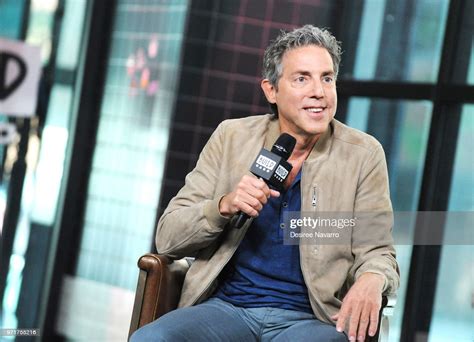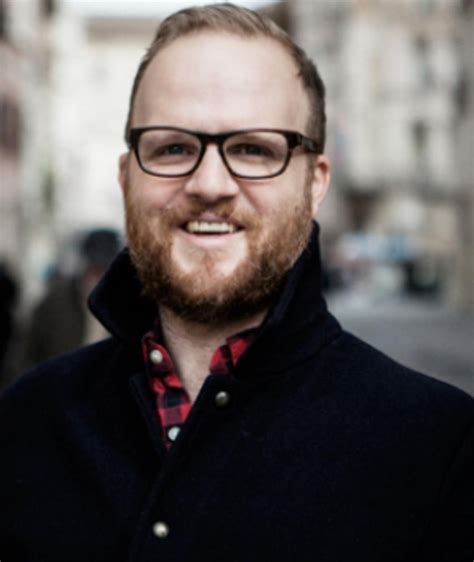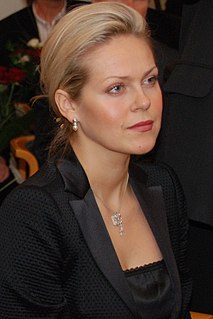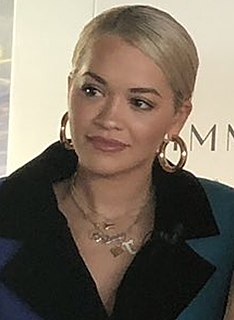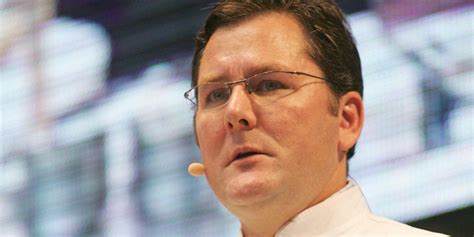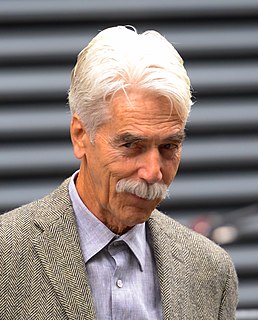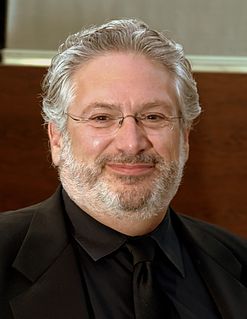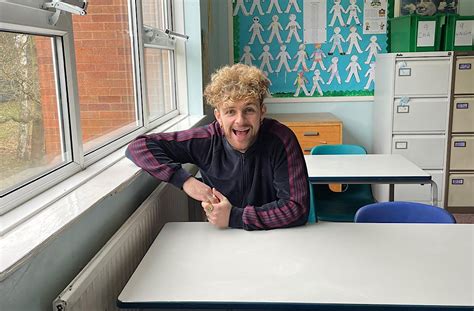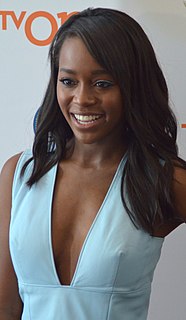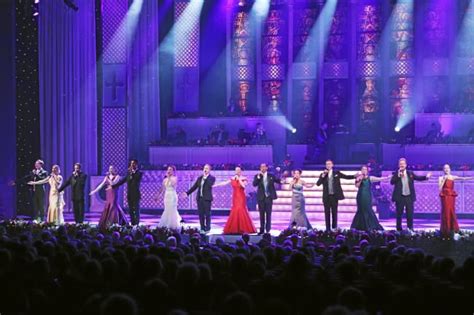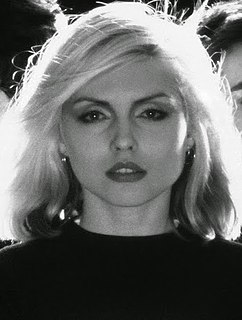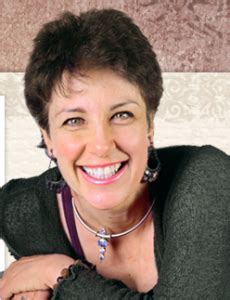Top 1200 Narrative Voice Quotes & Sayings - Page 16
Explore popular Narrative Voice quotes.
Last updated on October 12, 2024.
There's this pet phrase about writing that is bandied around particularly in workshops about "finding your own voice as a poet", which I suppose means that you come out from under the direct influence of other poets and have perhaps found a way to combine those influences so that it appears to be your own voice. But I think you could also put it a different way. You, quote, find your voice, unquote, when you are able to invent this one character who resembles you, obviously, and probably is more like you than anyone else on earth, but is not the equivalent to you.
There is a voice inside of my head that is trying to convince me that I'm not good enough and that I don't deserve to be here in Hollywood. So courage is required. The courage to decide that I have a voice and need to do what I love. To believe that this opportunity is not wasted on me. To own the fact that I am worthy.
I know it was a gift from God. My father was a preacher and my mother worked in churches all her life. My father had a very deep bass sounding voice and my mother had an in-between soprano voice. Not great singers, but they had great tones to their voices. I think that had a lot to do with it. Also, I really believe my voice was a gift from God. I believe if you take care of it, He will help you take care of it.
